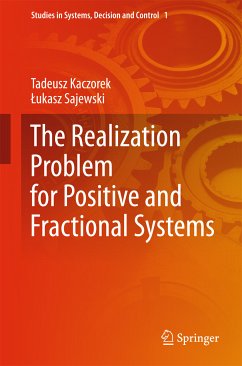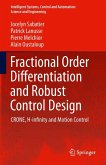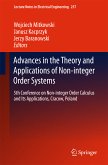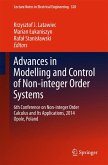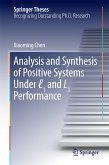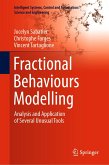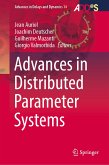Dieser Download kann aus rechtlichen Gründen nur mit Rechnungsadresse in A, B, BG, CY, CZ, D, DK, EW, E, FIN, F, GR, HR, H, IRL, I, LT, L, LR, M, NL, PL, P, R, S, SLO, SK ausgeliefert werden.
"The problems and facts of interest are presented in a very well organized manner and the usual roughness of some technical aspects is avoided by treating them in a natural way, closer to a practical engineering approach. ... The monograph gives a complete presentation of the state of the art in the theory of system realization, and will be a fruitful reading for researchers at all levels in this area." (Tiberiu Vasilache, Mathematical Reviews, January, 2015)
"The book is well, clearly written and hence is easy to follow for the reader. There are many illustrating examples. The book is recommended for researchers and students who are interested in the modern system theory." (Krzysztof Galkowski, zbMATH, Vol. 1297, 2014)

